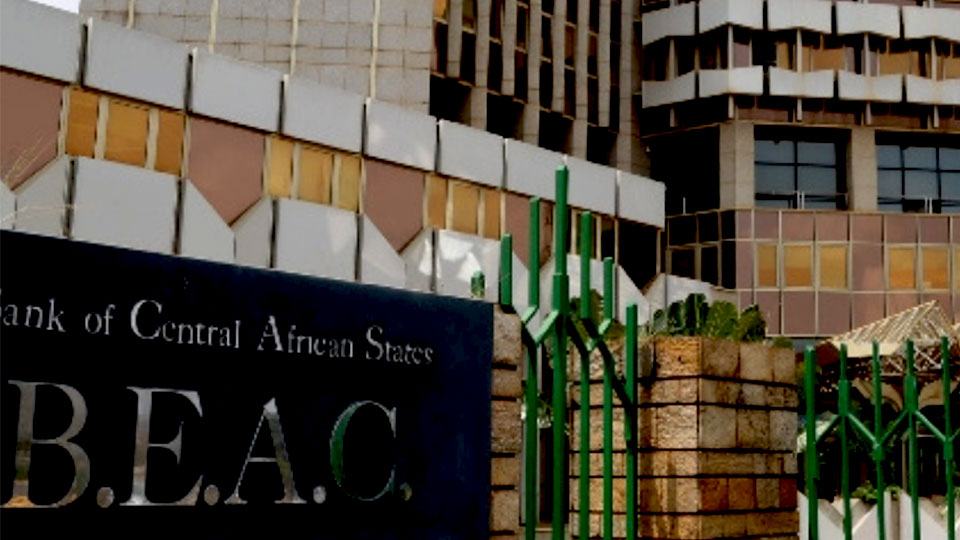Tracking key regulatory evolutions and compliance deadlines for oil, gas, and mining companies in the Central African Economic and Monetary Community (CEMAC)
Executive Summary
Since 2018, the Bank of Central African States (BEAC) and CEMAC authorities have implemented a stringent and rapidly evolving regulatory framework governing foreign exchange and site restoration funds for the extractive sector.
Initial broad repatriation and domiciliation rules have crystallized into high-stakes obligations—most notably a mandatory 35% repatriation rate on export proceeds and compulsory transfer of Site Restoration (RES) Funds into escrow accounts at BEAC.
While the 30 April 2025 deadline for signing RES Fund escrow agreements has passed without full execution, recent high-level discussions in Washington, D.C., reaffirm the regulatory framework and that the rule of law remains intact. This ongoing dialogue reflects complex implementation negotiations, not any retreat from obligations.
Companies should view this period as critical for proactive engagement to finalize agreements and mitigate the severe financial penalties still in force.
Key Compliance Pillars
- Repatriation of Export Proceeds: Minimum repatriation of 35% of foreign currency earnings to the CEMAC zone within 150 days of export.
- Site Restoration (RES) Funds: Mandatory domiciliation of all RES funds in escrow accounts at BEAC under tripartite agreements (Company–BEAC–State). The April 30, 2025, deadline for escrow agreement execution has passed, moving firms into a crucial implementation phase.
- Foreign Account Reporting & Authorization: All foreign currency accounts (inside and outside CEMAC) require prior BEAC authorization, with rigorous reporting and regularization expected.
- Import/Export Domiciliation: All significant import/export operations over 10 million FCFA must be domiciled with a CEMAC-based bank, adhering to strict declaration timelines.
Regulatory Evolution at a Glance
|
Timeline |
Regulatory Development |
Core Obligations & Deadlines |
The Firm’s Analysis & Strategic Implications |
|---|---|---|---|
| 2018 | 21 Dec: Regulation No 02/18 on Foreign Exchange |
| Marked a paradigm shift in regional financial governance, imposing strict capital control disciplines on the extractive sector for the first time. |
| 2019 | 10 Jun: BEAC Instruction Series No 05-07/GR/2019 |
| The Central Bank began building the detailed procedural architecture to enforce the 2018 regulation, closing potential loopholes. |
| | 22 Nov: BEAC Instruction No 071/GR/2019 |
| Acknowledged significant industry resistance and operational complexity, establishing a pattern of postponed but persistent enforcement. |
| 2020 | |
| |
| | 5 Nov: BEAC Decision No 119/GR/2020 |
| The "regularization" phase began. BEAC shifted focus to gathering intelligence on companies' existing financial structures ahead of full enforcement. |
| 2021 | 23 Dec: Regulation No 01/ CEMAC/UMAC/CM |
| The cornerstone of the current regime. Introduced quantitative targets and severe, specific penalties, moving from principle to hard law. |
| | 23 Dec: Regulation No 02/ CEMAC/UMAC/CM |
| A strategic concession to incentivize compliance and reassure investors about the security of repatriated capital. |
| 2022 | 4 Feb: BEAC Instruction Series 001-003/GR/2022 |
| Provided the much-needed "how-to" guide for daily compliance. The package represents the mature, comprehensive procedural framework. |
| 2024 | 16 Dec: CEMAC Heads of State Extraordinary Session |
| A decisive political signal from the highest level, putting the weight of member states behind the BEAC and creating a new, firm target for the most complex obligation. |
| 2025 | 21 Oct: IMF/World Bank Annual Meetings, Washington D.C. |
| Confirms the sustained, high-level focus on implementation. The dialogue continues internationally, indicating both persistent challenges and a shared desire for executable solutions. |
Strategic Considerations and Next Steps
The expiry of the April 2025 deadline without widespread compliance signals a transition into a critical implementation phase rather than policy reversal. The sustained high-level discussions demonstrate unwavering regulatory commitment.
Companies should now prioritize:
- Intensified Negotiations: Proactively engage with BEAC and host governments to finalize escrow agreement terms under the tripartite framework.
- Compliance Under Pressure: Recognize the full force of the 150% penalty and ongoing regulator scrutiny targeting delays perceived as bad faith.
- Strategic Advocacy: Participate in trade and chamber of commerce forums to influence workable systemic solutions while safeguarding operational viability.
Our firm remains at the forefront in advising clients on negotiating these complex agreements, navigating enforcement risks, and engaging in strategic advocacy.
For tailored strategic advice on navigating implementation and mitigating compliance risks, connect with us on our contact us page.
Disclaimer: This document provides general information only and does not constitute legal advice. Information is current as of November 17, 2025, and subject to change.






